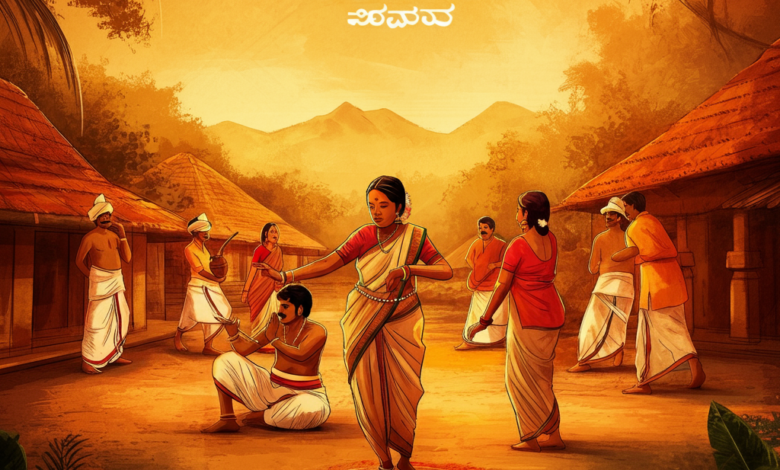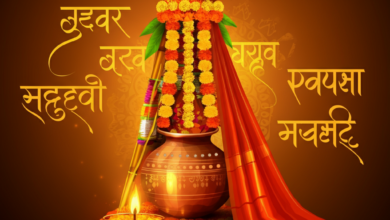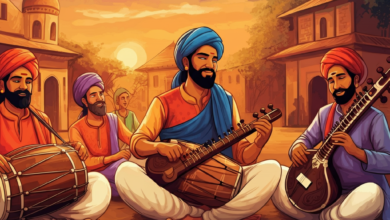Understanding “ST Caste” Meaning in Kannada and Its Social Significance

The term “ST caste” holds significant cultural, historical, and social importance, especially within the Kannada-speaking community of Karnataka. But what is the actual meaning of ST Caste in Kannada, and why does it matter so much today?
The “ST caste” refers to Scheduled Tribes (ST), a category defined by the Indian Constitution to recognize and uplift marginalized tribal communities. In Kannada, the term conveys deep-rooted historical struggles, cultural vibrance, and ongoing efforts for social justice.
This blog will explore the st caste meaning in Kannada, unpack its context in Karnataka, and examine its evolving significance. By the end, you’ll gain a deeper understanding of its historical relevance, cultural traditions, current challenges, and the role we can play in supporting progress.
Historical Background of “ST Caste” in Karnataka
Scheduled Tribes, or “anusuchita janamgala jatigalu” (ಅನುಸೂಚಿತ ಜನಾಂಗಗಳ ಜಾತಿಗಳು) in Kannada, represent communities indigenous to India with distinct cultural identities. Karnataka is home to a rich diversity of tribal communities, such as Soliga, Siddis, Koraga, and Hakki Pikki, each with unique languages, arts, and lifestyles.
Historically, these communities lived closer to forests and followed sustainable practices tied to nature. However, colonial and post-independence policies, such as land acquisition and industrialization, displaced tribes, stripped them of their livelihoods, and pushed them to the social margins.
Karnataka became a focal point of tribal reforms after independence, as the Indian government sought to recognize these communities officially within the Constitution. This recognition aimed to address their historical exclusion and promote their inclusion in mainstream society while safeguarding their cultural heritage.
Evolving Role and Status of “ST Caste” in Modern Karnataka
The introduction of India’s Constitution in 1950 marked a critical turning point for the Scheduled Tribes. It formally identified them to ensure access to reserved seats in education, government employment, and legislative bodies.
Over the decades, Karnataka implemented numerous initiatives to support the state’s tribal population. From the granting of land rights under the Forest Rights Act to integrating reservations in school and college admissions, these efforts have empowered many families to break free from cycles of poverty.
Despite progress, the “ST caste” communities’ socio-economic conditions vary widely. While some have leveraged education and employment opportunities, many still face systemic barriers that keep them from realizing their potential.
Cultural Practices and Traditions of Karnataka’s “ST Caste”
Tribal communities across Karnataka boast an extraordinary array of cultural traditions and practices that reflect their deep connection to nature. Here are some highlights of their unique contributions to Kannada culture:
- Art and Music: Folk dances like Dollu Kunitha by the Kuruba tribe and unique songs passed down orally reflect the artistic richness of tribal groups.
- Festivals and Rituals: Many tribes celebrate nature-centric festivals, such as the Kaitotha festival by the Halakki tribe, which honors the Earth for its bounty.
- Craftsmanship: Tribes like the Soliga create intricate bamboo crafts and herbal medicine—both rooted in sustainable practices.
However, commercialization and urbanization are causing many of these traditions to fade. Awareness and preservation efforts are essential to ensure these cultural legacies are not lost.
The Economic and Social Contributions of “ST Caste” in Karnataka
Scheduled Tribes are not only carriers of India’s cultural heritage but also vital contributors to Karnataka’s economy and society.
- Ecological Guardians: Many tribal communities possess invaluable knowledge of environmental conservation, which modern environmentalists recognize should be safeguarded to combat climate change.
- Agricultural and Forest Products: Tribes specialize in producing honey, herbal medicines, and handcrafted goods that play a significant role in rural economies.
Investing in tribal skill development and integrating their sustainable practices into broader frameworks could strengthen Karnataka’s vision of inclusive growth.
Current Challenges Faced by the “ST Caste”
While recognizing the rich contributions of Karnataka’s tribal communities, it’s important to address the hardships they still face. These include systemic discrimination, limited representation, and inadequate access to healthcare and infrastructure.
Key Issues
- Education Gaps
- Dropout rates among tribal children remain disproportionately high due to lack of affordable education and linguistic barriers.
- Land Rights
- The displacement of forest-dwelling communities due to urbanization and deforestation continues to threaten tribal livelihoods.
- Social Discrimination
- Caste-based bias and exploitation still plague many communities, reducing their ability to integrate into mainstream society.
Ongoing Initiatives
Karnataka has launched several initiatives to address these challenges. Tribal hostels, scholarships, and vocational training programs offer pathways to elevate living standards. Historically, organizations such as the “Tribal Welfare Department” (ಅನೂಸೂಚಿತ ಜನಾಂಗಗಳ ಕಲ್ಯಾಣ ಇಲಾಖೆ) have sought to amplify the voices of our tribal populations and ensure equitable distribution of resources.
However, more efforts are needed at both grassroots and policymaking levels to close widening gaps.
How Can You Help?
Building a just, inclusive society is not only the government’s job—it requires collective action. Here’s how you can contribute to the progress of Karnataka’s “ST caste” communities.
- Educate Yourself Around Tribal Issues
Understanding the st caste meaning in Kannada and their history is the first step toward meaningful engagement.
- Support Tribal Initiatives
Contribute to NGOs and buy local goods from tribal producers to directly support their livelihoods.
- Advocate for Policies
Amplify issues pertaining to tribal welfare on social media and in your communities to bring them to light.
Building Awareness, One Step at a Time
Understanding the “ST caste” in Karnataka is more than decoding its meaning—it’s about acknowledging the generations of struggle and perseverance behind it. Their contributions to Kannada culture and society are profound, shaping the very fabric of Karnataka itself.
We invite you to take a stand for inclusion, cultural preservation, and equity. Awareness begins with knowledge. Together, we can build a society that celebrates Karnataka’s tribal diversity while addressing the injustices they still face today.



